Data-sharing
Recent articles
Neurophysiology data-sharing system faces funding cliff
After the primary grant supporting Neurodata Without Borders ends in March 2026, the platform may no longer be maintained or kept up to date.

Neurophysiology data-sharing system faces funding cliff
After the primary grant supporting Neurodata Without Borders ends in March 2026, the platform may no longer be maintained or kept up to date.
Deleting data or stopping its collection will erase years of valuable brain research
An explosion in open-neuroscience datasets has created a new generation of researchers with expertise in data science. But new federal restrictions in the United States put their research programs in jeopardy.
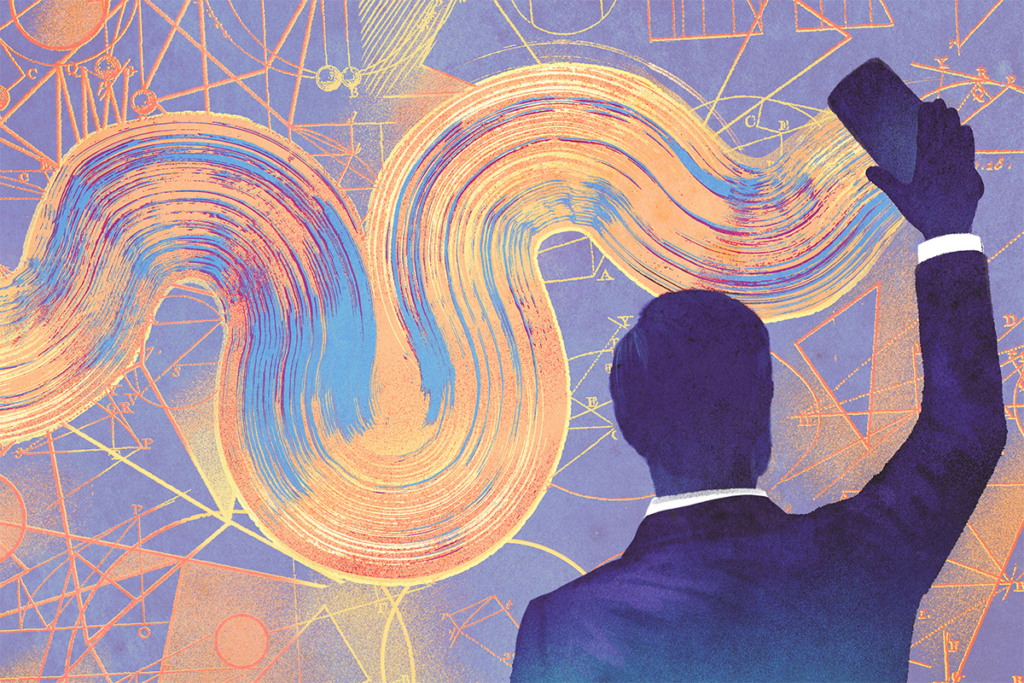
Deleting data or stopping its collection will erase years of valuable brain research
An explosion in open-neuroscience datasets has created a new generation of researchers with expertise in data science. But new federal restrictions in the United States put their research programs in jeopardy.
How to build a truly global computational neuroscience community
Computational sciences offer an opportunity to increase global access to, and participation in, neuroscience. Neuromatch’s inclusive, scalable model for community building shows how to realize this promise.
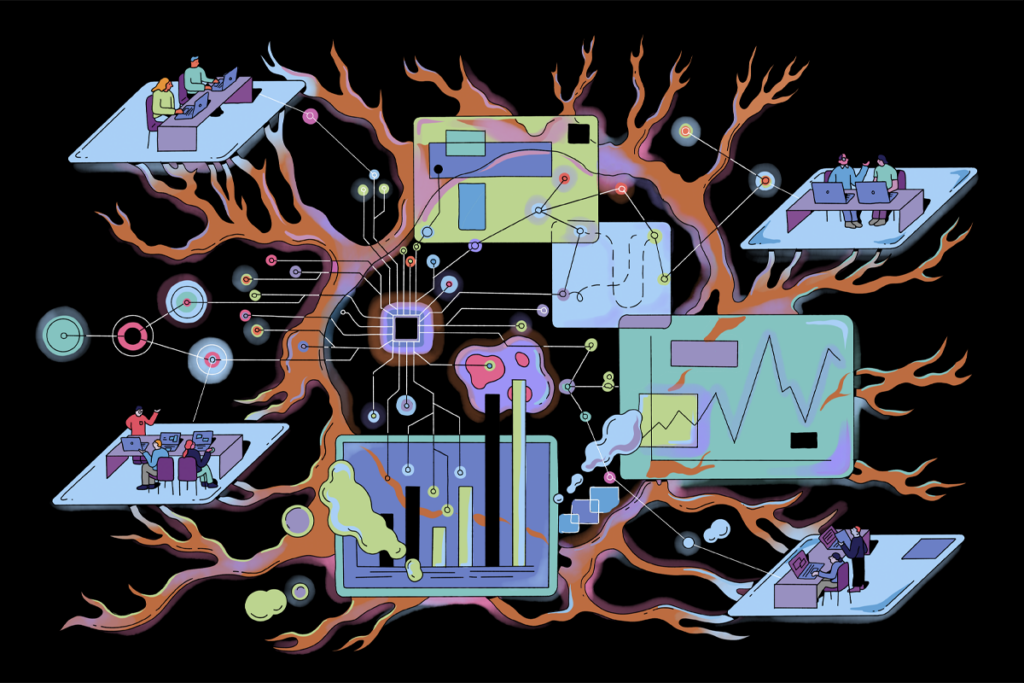
How to build a truly global computational neuroscience community
Computational sciences offer an opportunity to increase global access to, and participation in, neuroscience. Neuromatch’s inclusive, scalable model for community building shows how to realize this promise.
Neuroscience’s open-data revolution is just getting started
Data reuse represents an opportunity to accelerate the pace of science, reduce costs and increase the value of our collective research investments. New tools that make open data easier to use—and new pressures, including funding cuts—may increase uptake.
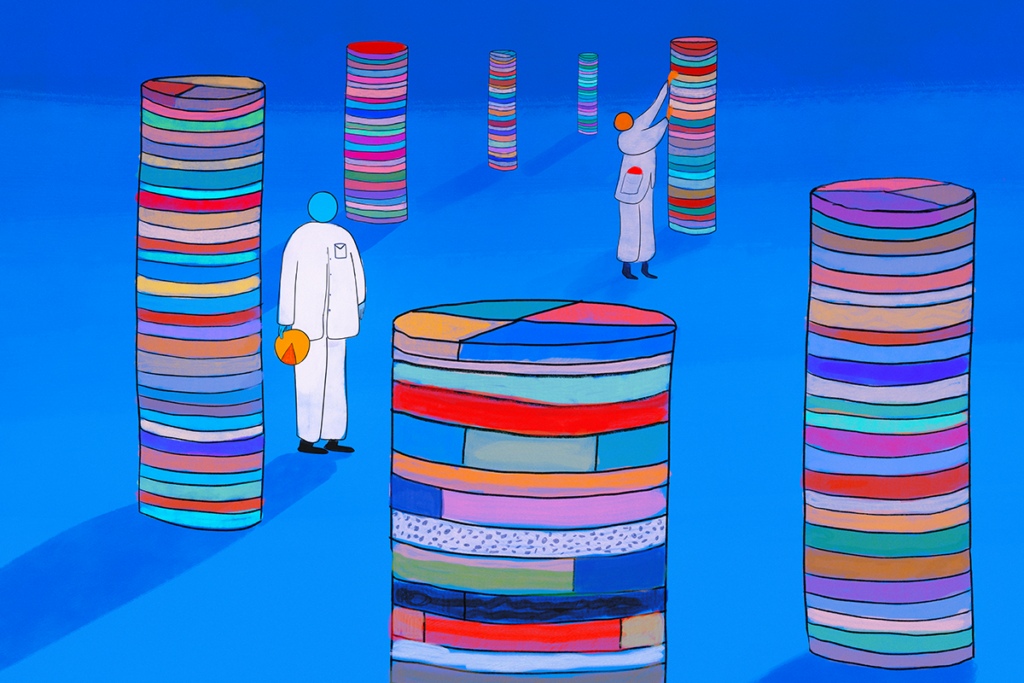
Neuroscience’s open-data revolution is just getting started
Data reuse represents an opportunity to accelerate the pace of science, reduce costs and increase the value of our collective research investments. New tools that make open data easier to use—and new pressures, including funding cuts—may increase uptake.
Sharing Africa’s brain data: Q&A with Amadi Ihunwo
These data are “virtually mandatory” to advance neuroscience, says Ihunwo, a co-investigator of the Brain Research International Data Governance & Exchange (BRIDGE) initiative, which seeks to develop a global framework for sharing, using and protecting neuroscience data.
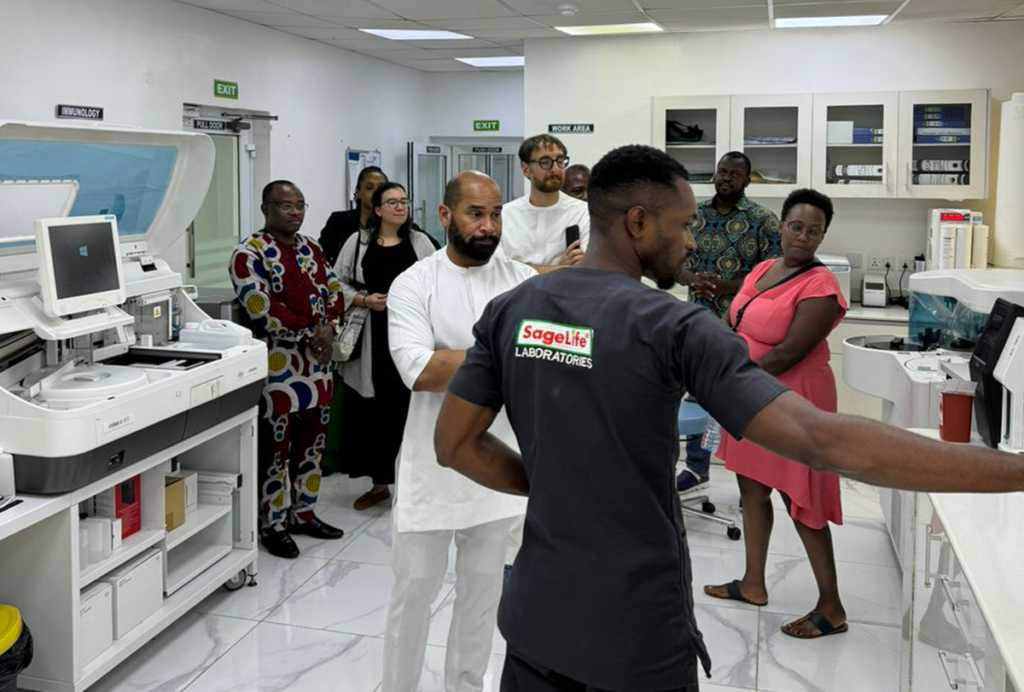
Sharing Africa’s brain data: Q&A with Amadi Ihunwo
These data are “virtually mandatory” to advance neuroscience, says Ihunwo, a co-investigator of the Brain Research International Data Governance & Exchange (BRIDGE) initiative, which seeks to develop a global framework for sharing, using and protecting neuroscience data.
Expediting clinical trials for profound autism: Q&A with Matthew State
Aligning Research to Impact Autism, a new initiative funded by the Sergey Brin Family Foundation, wants to bring basic science discoveries to the clinic faster.

Expediting clinical trials for profound autism: Q&A with Matthew State
Aligning Research to Impact Autism, a new initiative funded by the Sergey Brin Family Foundation, wants to bring basic science discoveries to the clinic faster.
Accepting “the bitter lesson” and embracing the brain’s complexity
To gain insight into complex neural data, we must move toward a data-driven regime, training large models on vast amounts of information. We asked nine experts on computational neuroscience and neural data analysis to weigh in.

Accepting “the bitter lesson” and embracing the brain’s complexity
To gain insight into complex neural data, we must move toward a data-driven regime, training large models on vast amounts of information. We asked nine experts on computational neuroscience and neural data analysis to weigh in.
Dose, scan, repeat: Tracking the neurological effects of oral contraceptives
We know little about how the brain responds to oral contraceptives, despite their widespread use. I am committed to changing that: I scanned my brain 75 times over the course of a year and plan to make my data openly available.
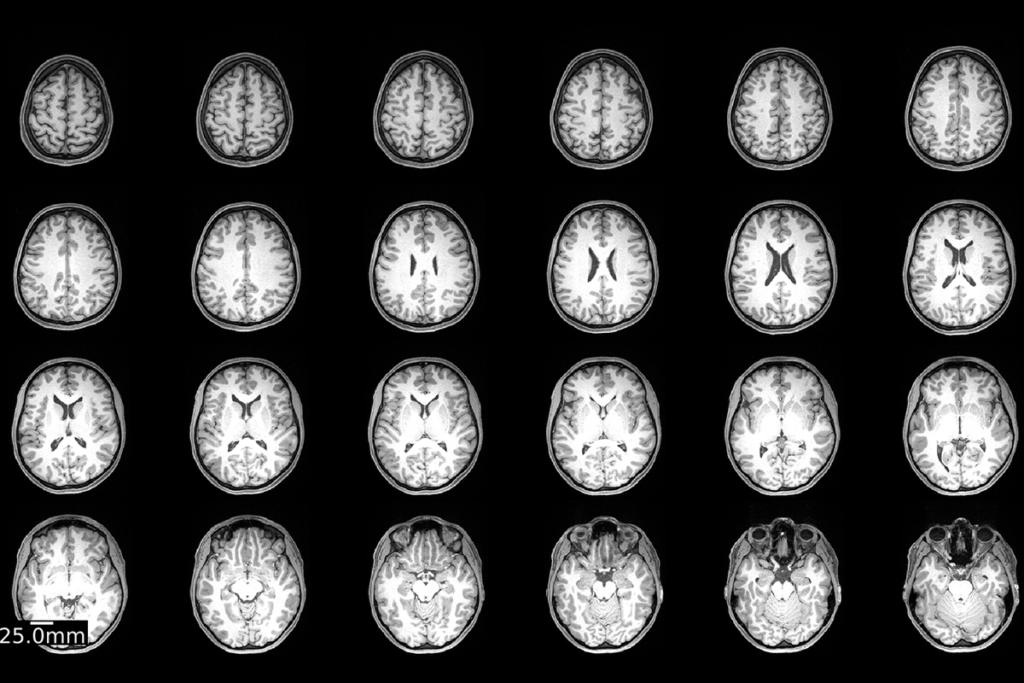
Dose, scan, repeat: Tracking the neurological effects of oral contraceptives
We know little about how the brain responds to oral contraceptives, despite their widespread use. I am committed to changing that: I scanned my brain 75 times over the course of a year and plan to make my data openly available.
To keep or not to keep: Neurophysiology’s data dilemma
An exponential growth in data size presents neuroscientists with a significant challenge: Should we be keeping all raw data or focusing on processed datasets? I asked experimentalists and theorists for their thoughts.
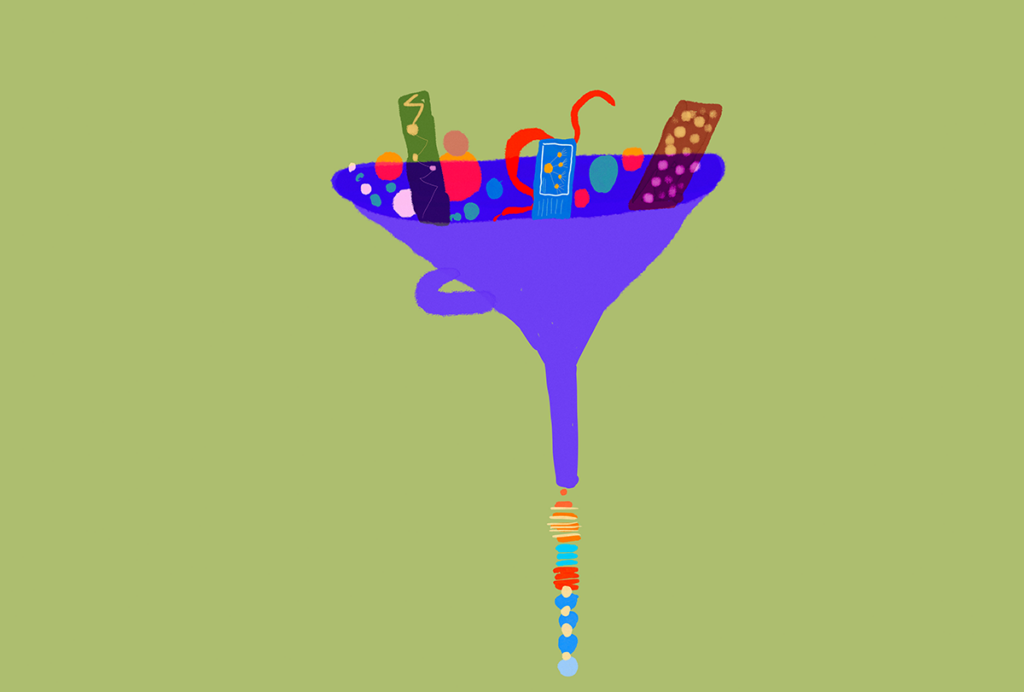
To keep or not to keep: Neurophysiology’s data dilemma
An exponential growth in data size presents neuroscientists with a significant challenge: Should we be keeping all raw data or focusing on processed datasets? I asked experimentalists and theorists for their thoughts.
The S-index Challenge: Develop a metric to quantify data-sharing success
The NIH-sponsored effort aims to help incentivize scientists to share data. But many barriers to the widespread adoption of useful data-sharing remain.
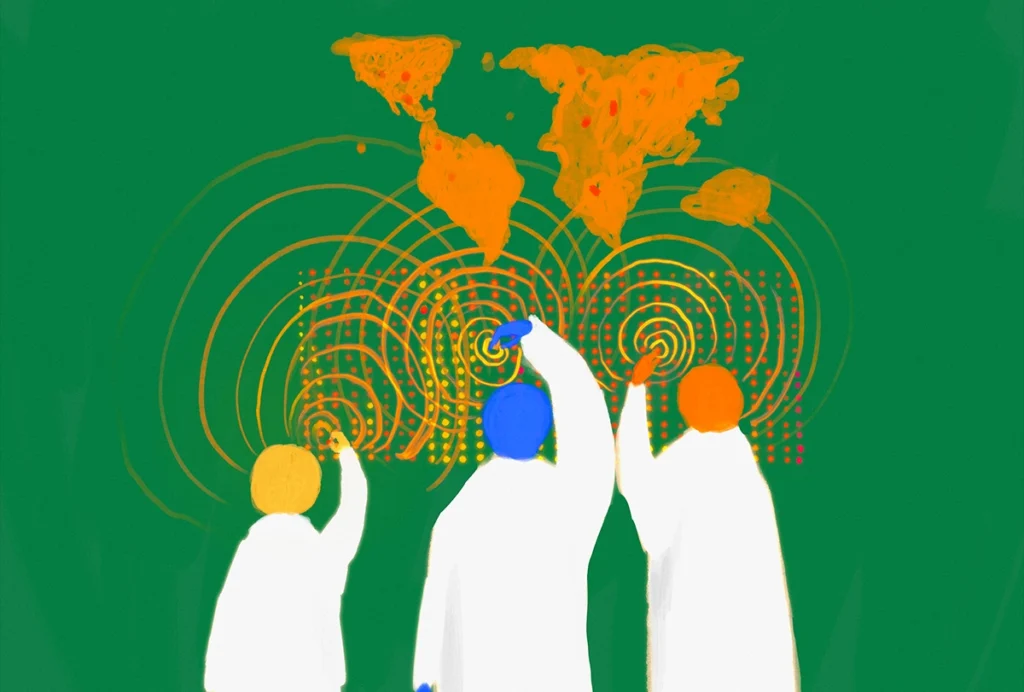
The S-index Challenge: Develop a metric to quantify data-sharing success
The NIH-sponsored effort aims to help incentivize scientists to share data. But many barriers to the widespread adoption of useful data-sharing remain.
Explore more from The Transmitter
Astrocytes orchestrate oxytocin’s social effects in mice
The cells amplify oxytocin—and may be responsible for sex differences in social behavior, two preprints find.

Astrocytes orchestrate oxytocin’s social effects in mice
The cells amplify oxytocin—and may be responsible for sex differences in social behavior, two preprints find.
Neuro’s ark: Spying on the secret sensory world of ticks
Carola Städele, a self-proclaimed “tick magnet,” studies the arachnids’ sensory neurobiology—in other words, how these tiny parasites zero in on their next meal.

Neuro’s ark: Spying on the secret sensory world of ticks
Carola Städele, a self-proclaimed “tick magnet,” studies the arachnids’ sensory neurobiology—in other words, how these tiny parasites zero in on their next meal.
Autism in old age, and more
Here is a roundup of autism-related news and research spotted around the web for the week of 2 March.

Autism in old age, and more
Here is a roundup of autism-related news and research spotted around the web for the week of 2 March.